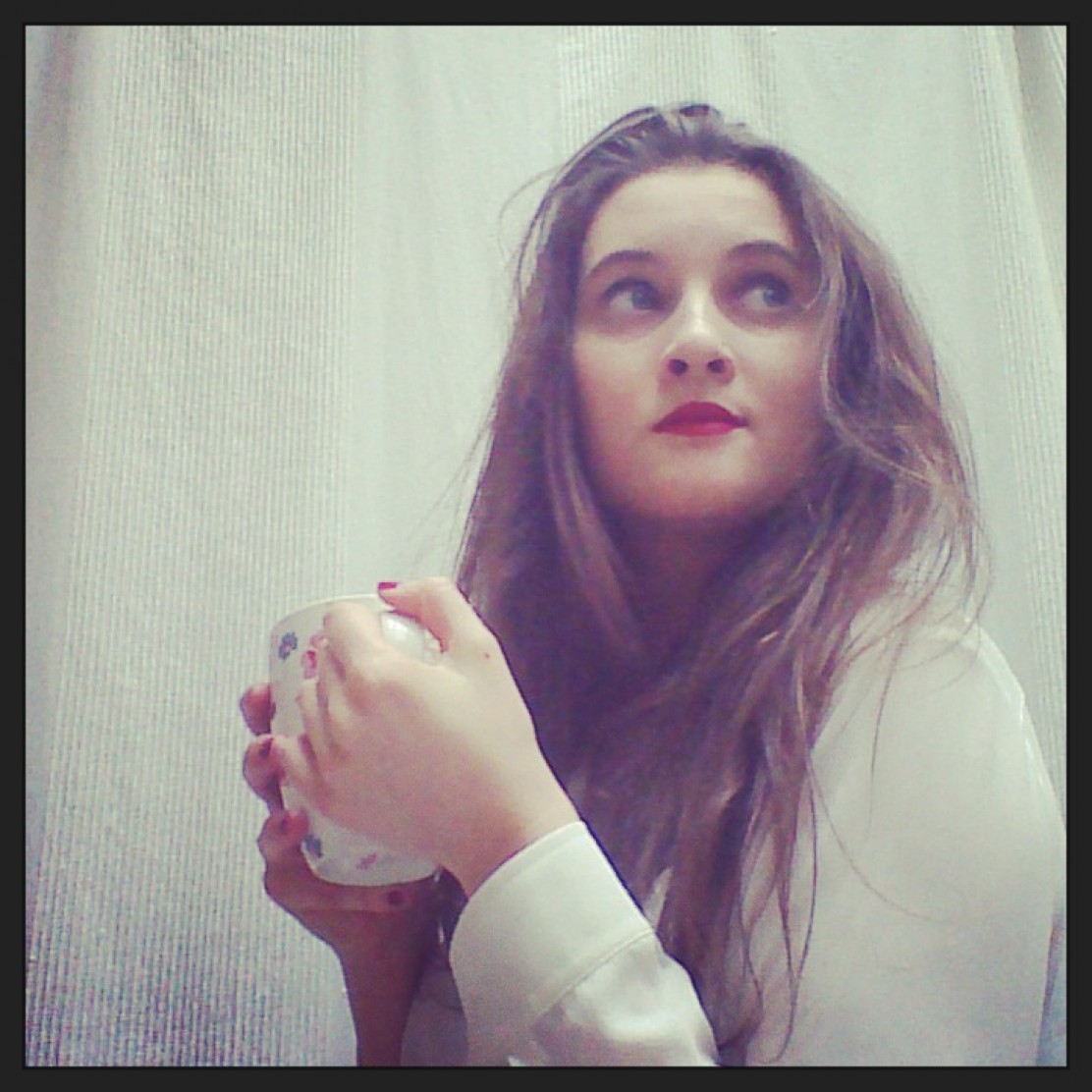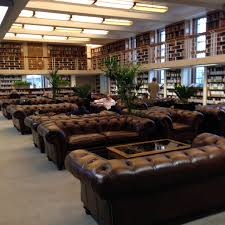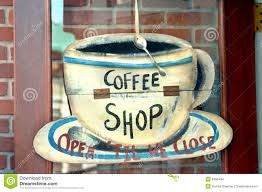One of the best lessons I ever had was to be told to produce some writing bases on another piece of creation. Music, dance, art and all other aspects of creation can feed into and inspire each other.
The cadence and rhythm of poetry lend itself so well to dialogue. The emotive effect of music can be layered over a piece or inspire it. The human relationship explored so physically through dance can develop characters.
There are two things you could do with this.
You can add different mediums to your creation to enhance its effects. Recent works Let The Right One In and The Curious Incident Of The Dog In The Night Time were ground-breaking and effective in their multimedia approach to the play. Partly because of this they were so successful and celebrated in their west end runs.
On the other hand, you could use other mediums as starting points for new works. All creative expressions share similarities. The outburst of emotion or the need to tell a story are universal across all sectors. If you can find what you wanted to express summed up in a painting you can start finding your own way to that same end by a different means.
The best way to get the benefits is to expose yourself to as many different types of work as you can. This doesn’t have to be expensive. Many galleries in London are free. There are public exhibitions of dance all over the city. Leicester Square and Covent Garden are good place to catch flash mobs or exhibitions. Every street corner and tube is flooded with buskers.
Whether it’s to add innovation to a piece or invent a new project all creators should expose themselves to other mediums. London is bursting with works old and new. The very streets are lined with art and artists.
We must push the boundaries of our own medium to create a creative medium where we can influences and sustains each other.


